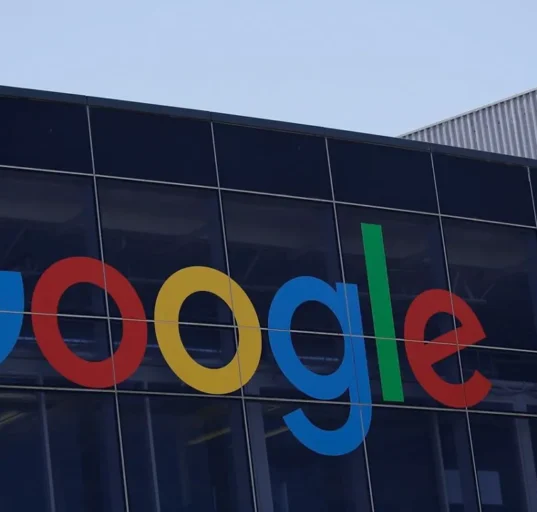Companies which have now started paying dividends: Should you
Welcome to our new post about dividends and dividend-paying companies. In.
Welcome to our new post about dividends and dividend-paying companies. In.
Welcome to our new post! In this article, we will.
Welcome to our new post! In this article, we will.
Welcome to our post about the Canadian stocks! In this.
Welcome to our post about the green energy! In this post,.
Are you seeking a career in Business Administration after graduation? And you are looking for the best MBA colleges in India.












“The stock market is filled with individuals who know the price of everything, but the value of nothing.” — Phillip Fisher
Is your family growing? Are you running out of space between children,.